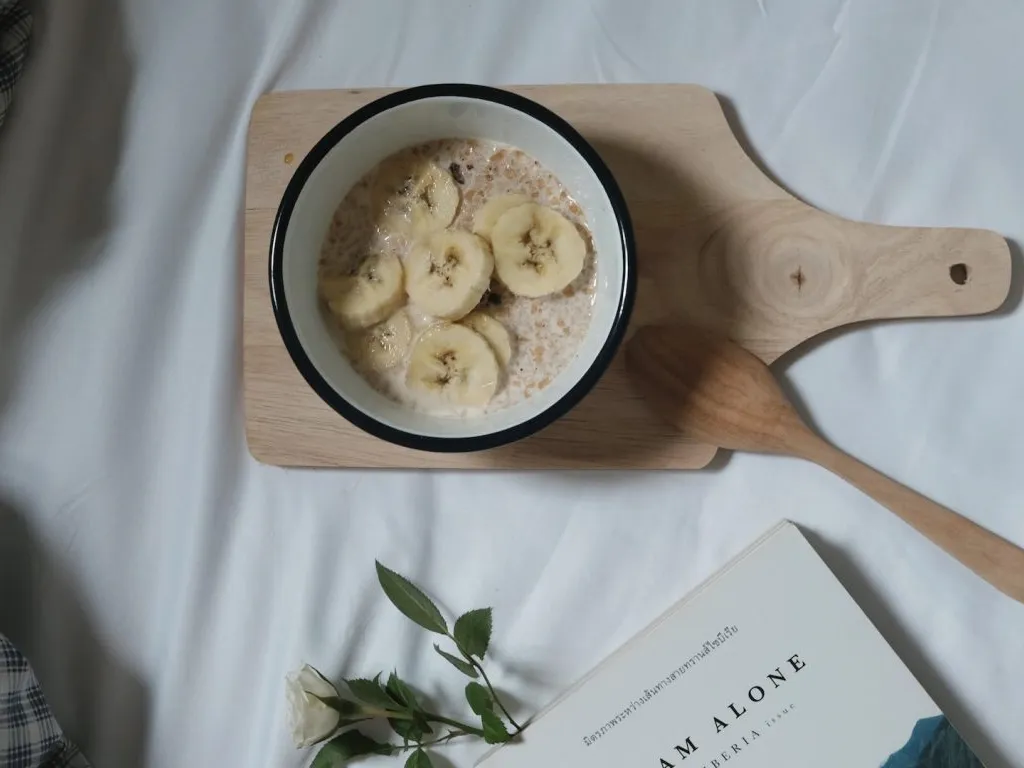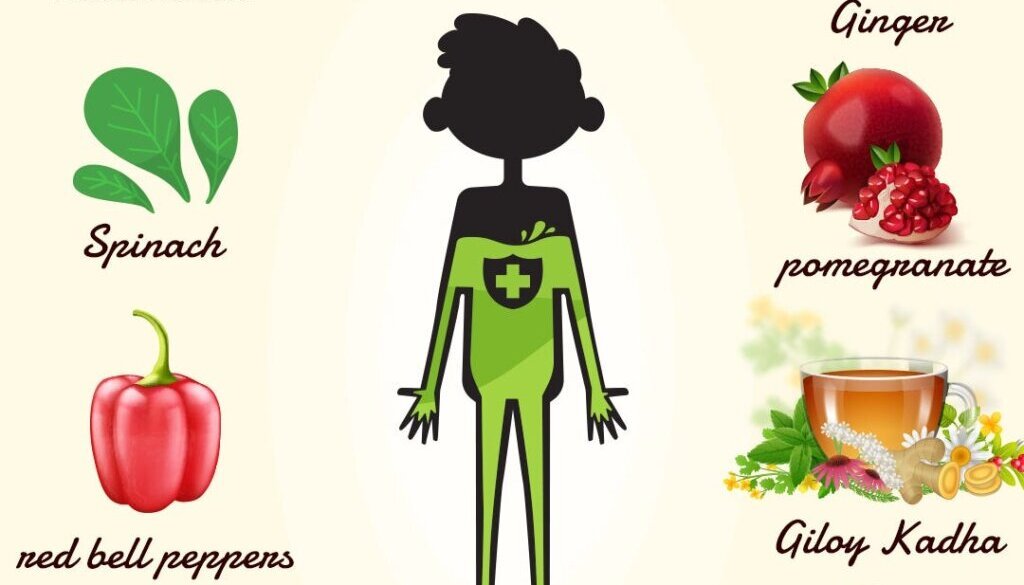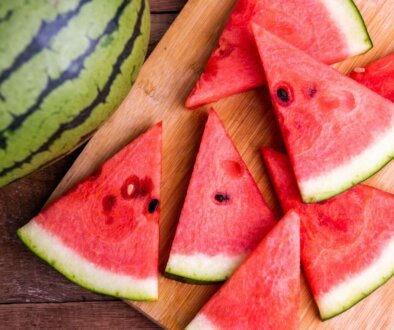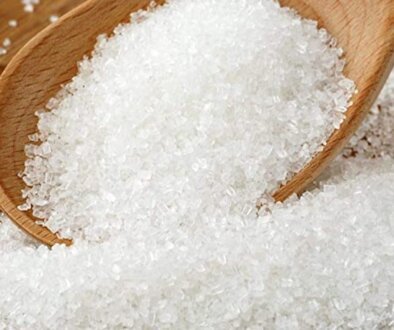How Does Your Diet Affect Your Mood?
As many have experienced during the past year of quarantine, mood can significantly impact dietary choices. Stress and boredom often lead to cravings for less-than-ideal foods, disrupting a healthy eating routine. Surprisingly, the reverse is also true; the foods you consume can influence your mood.
Your brain, perpetually active, tirelessly regulates bodily functions and mental states. Thus, it’s unsurprising that the foods you ingest profoundly affect brain function, particularly concerning mood regulation. When your brain lacks essential nutrients, its ability to manage emotions may falter. Consequently, the relationship between diet and mood becomes critical: a balanced diet rich in vitamins, minerals, and antioxidants shields the brain from oxidative stress, whereas consuming sugary, salty, and fatty processed foods compromises its function. Studies have established a correlation between diets high in processed foods and mood disorders such as anxiety and depression.
Furthermore, there’s a notable interplay between mood and food choices. Individuals grappling with depression often gravitate towards sugary and processed foods, initiating a detrimental cycle where mood influences food choices, which, in turn, exacerbate mood. Additionally, emotional eating—using food as an emotional crutch or succumbing to stress-induced eating—poses a risk, fostering unhealthy habits. Encouraging mindfulness in eating habits, savouring the nourishing qualities of healthy foods, can mitigate this cycle. Studies have indicated that adopting mindful eating practices significantly reduces instances of binge and emotional eating, offering a promising avenue for mood management. As you embark on your Curves workout regimen, consider incorporating mood-boosting foods to enhance your energy levels and optimise your exercise routine.
Mood boosting food: Salmon.
Another option rich in omega-3 fatty acids is albacore tuna or sardines. These fish varieties offer substantial support for brain health, as omega-3 fatty acids are known to play a vital role in this regard. Recent studies have suggested that incorporating omega-3 fatty acids into your diet may contribute to reducing depression levels. It’s advisable to aim for several servings of salmon or other fatty fish each week to reap these benefits.

Mood boosting food: Berries.
In addition to aiding in weight management and complementing your healthy diet, berries serve as an excellent mood-boosting food. Rich in anthocyanins, the compounds responsible for their vibrant purple hue, berries possess properties that may reduce the risk of depression. Incorporating berries into your diet can thus contribute to both physical and mental well-being.
Mood boosting food: Dark chocolate.
Dark chocolate tops the list of mood-enhancing foods for several reasons. Not only does its indulgent taste trigger pleasure in the brain, but it also contains various compounds known to uplift mood, such as caffeine and N-acylethanolamine, akin to cannabinoids. Moreover, dark chocolate is rich in flavonoids, which promote brain health by improving blood flow and reducing inflammation. In contrast, milk chocolate tends to be higher in sugar and fat, with fewer mood-boosting compounds. Therefore, opting for dark chocolate varieties ensures maximum mood-boosting benefits.
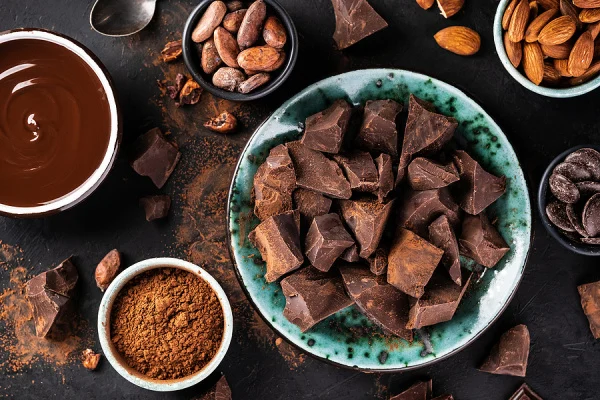
Mood boosting food: Fermented foods.
Scientists are discovering that alongside the brain, the gut plays a significant role in regulating mood. Surprisingly, about 90 percent of the hormone serotonin, crucial for functions like appetite, sex drive, and stress response, is produced by the healthy bacteria residing in the gut, collectively known as the microbiome. This neurotransmitter, serotonin, has a direct impact on mood regulation. Research indicates a correlation between a well-balanced gut microbiome and reduced instances of depression. Consuming fermented foods can help maintain a favourable balance of beneficial bacteria in the microbiome, thereby promoting better mood. Examples of such foods include kombucha, yoghurt, kefir, kimchi, and sauerkraut.

Mood boosting food: Bananas.
It’s rare to encounter someone who doesn’t enjoy bananas. They’re not just soft, sweet, and conveniently packaged; they also offer mood-boosting benefits. Bananas are packed with vitamin B6, essential for the production of dopamine and serotonin, neurotransmitters linked to feelings of happiness. Moreover, bananas contribute to stabilising blood sugar levels, which is crucial for maintaining a balanced mood.
